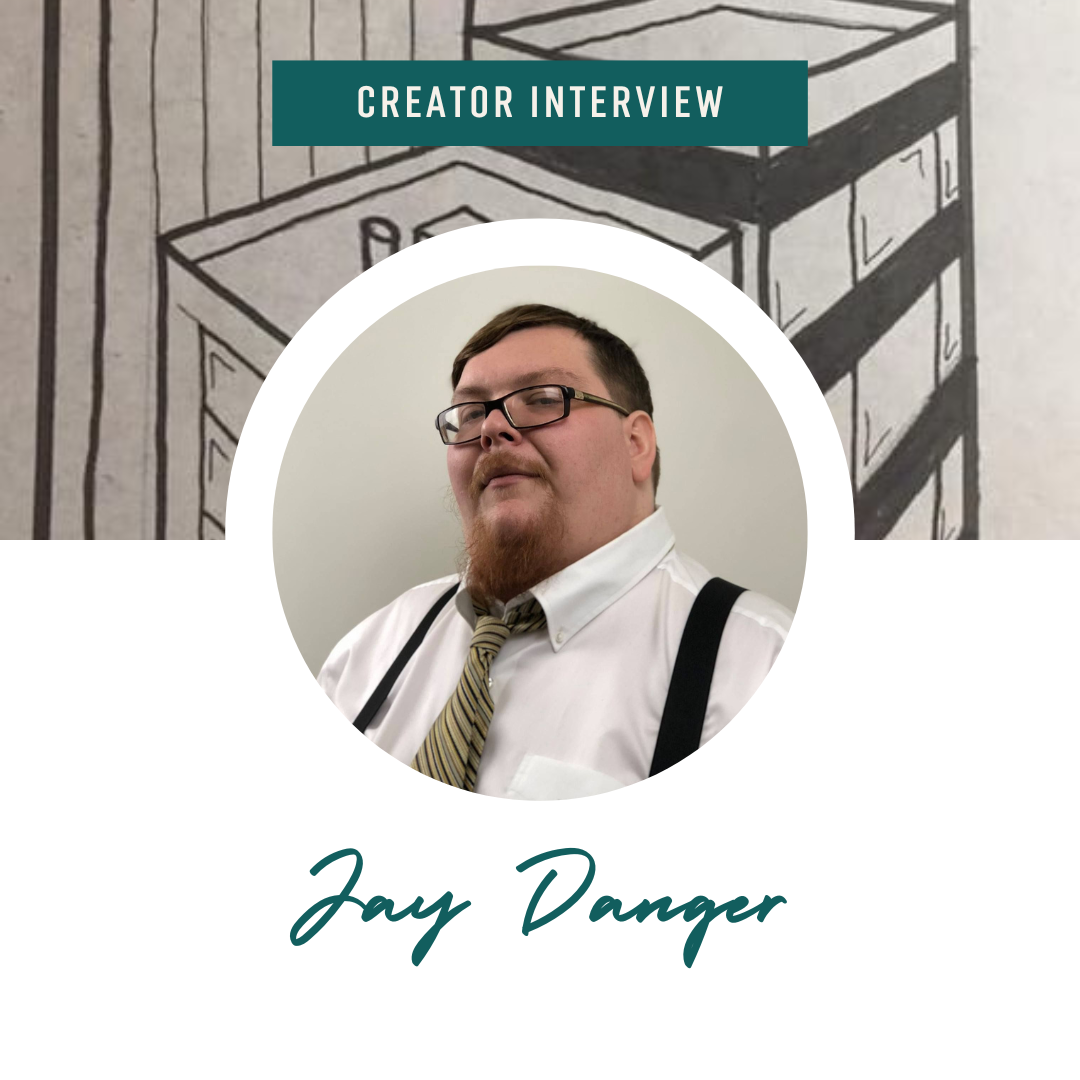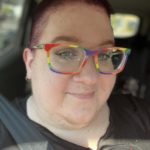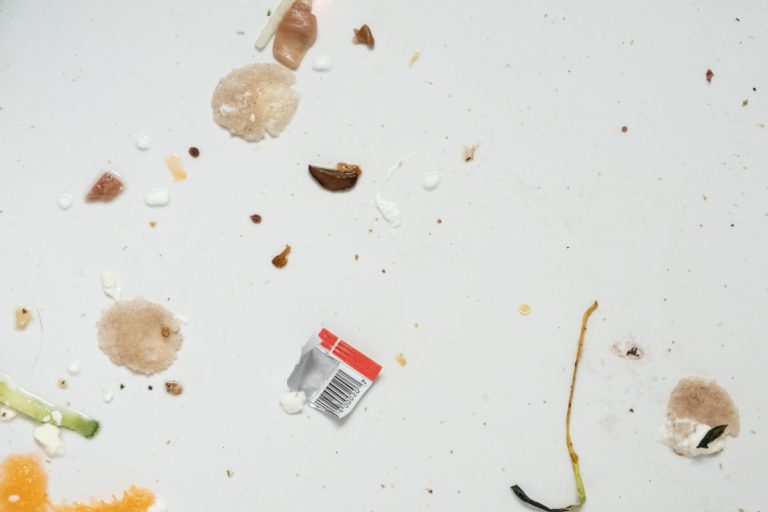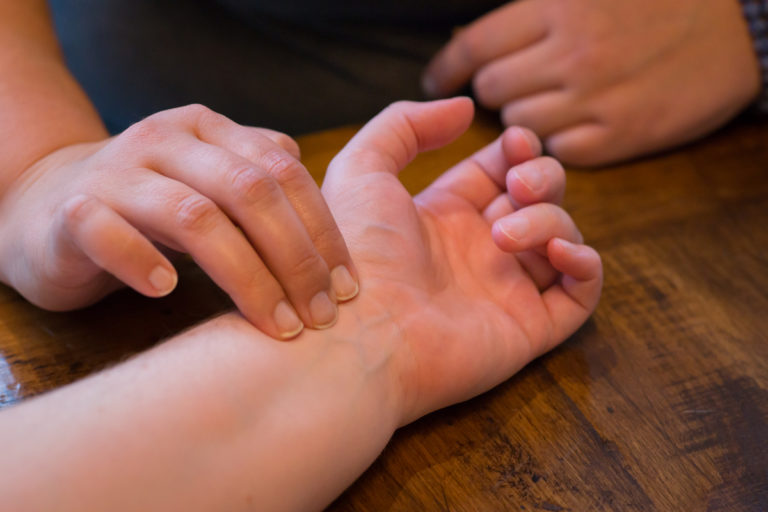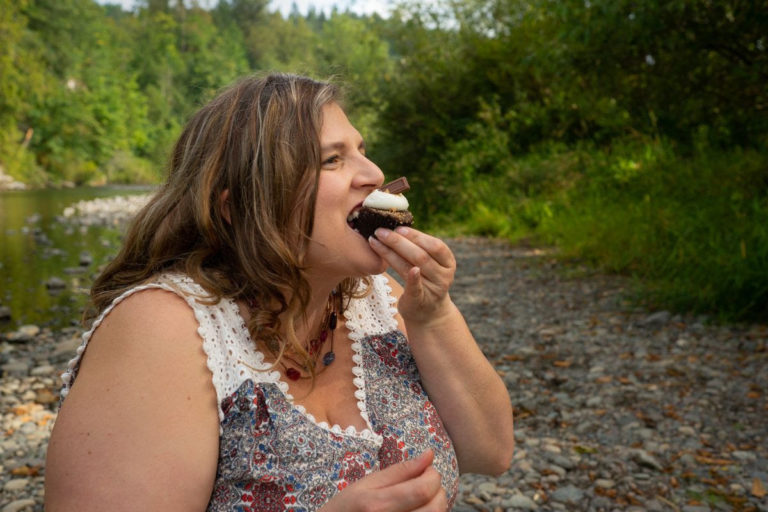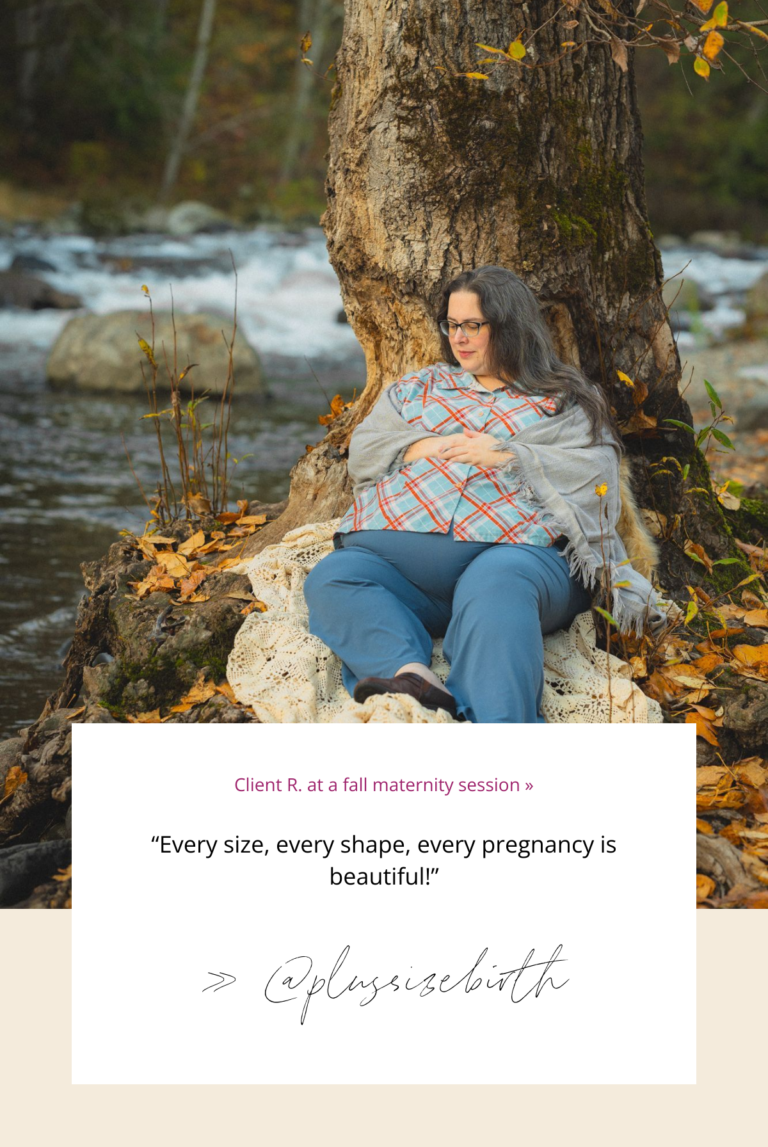Ask a Fat Musician: Jay Danger
This is the Body Liberation Photos Ask a Fat Creator (and Allies) series, in which we find out more about the lives, work, and breakfasts of all kinds of large-bodied and marginalized creators and their allies.
Raised in the sleepy northern Toronto suburb of Willowdale, Jay Danger is a quintessential product of the 90’s. Brought up by the sounds of Eminem, Tupac, and Biggie, and steeped in the influence of A Tribe Called Quest, MF Doom, and Mos Def, his tight rhyme schemes and abstract lyrical concepts aim to bring a breath of fresh air to the tapestry of modern Hip Hop.
A true creative pioneer, Jay Danger’s upcoming project “The Book of Flow: Chapter 1 / Jazz Cabbage” combines film and music to paint a beautiful and relatable portrait of a person coming of age and making sense of an increasingly confusing world.
Along with music, Jay Danger is an accomplished writer, and emerging visual artist. Currently, he is working on an illustrated chapbook of “high”ku poetry, as well as a series of artwork featuring his Happy Mushroom Gang designs. His non-fiction blog “Leave it to the Prose” is launching in early 2024.
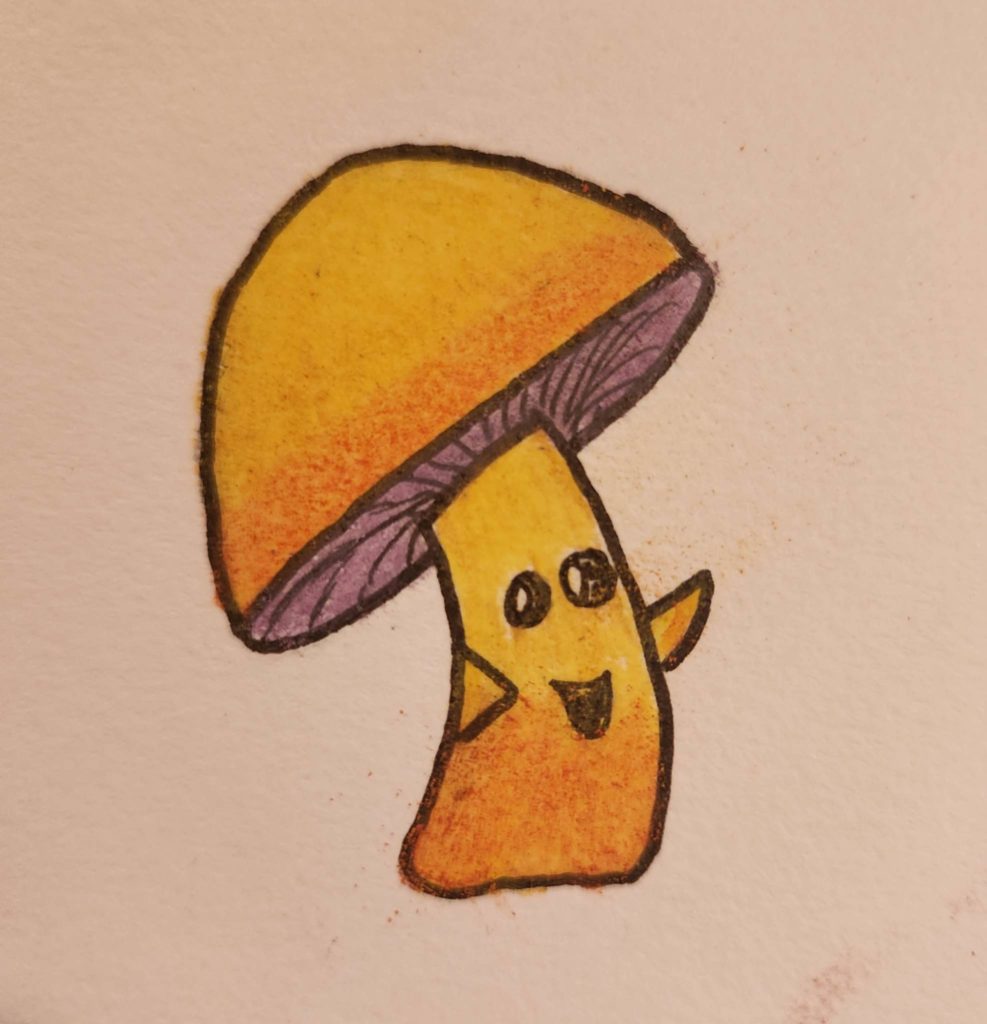
Tell me about you! What’s your name? What pronouns do you use? Where do you live? What do you like to eat for breakfast?
My name is Jason, but when it comes to art and music I’m better known as Jay Danger. I use he/him, thanks for asking! I live in the beautiful city of Toronto, Ontario in Canada. I eat two eggs, bacon, and toast for breakfast every day.
What kind of artwork do you create? What are the themes? What’s your favorite medium?
I create hip hop music, write poetry and prose, and have started illustrating my own characters! When it comes to music, I’m all about chilled, relaxed hip hop. I like using a lot of older jazz samples, and the musical component of my work is heavily influenced by the alternative hip-hop movement of the 90’s. Thematically, I’m a bit all over the place, but I place great importance on integrity and genuine honesty and vulnerability. I try to offer my personal insights based on my struggles and experience, while also offering some kind of positive spin or view. I also aim to write music that is emotionally relatable, so even if listeners can’t relate to the narrative theme, there’s still the general feeling connecting them to the music. I really like exploring abstract thematic concept work in my music, and am always looking for creative new ways to present and expand on my work. For example, my first album isn’t just an album, but serves as the first chapter of an autobiography I’m writing that spans a series of 10 projects. A living document shared through hip hop, so to speak.
When it comes to visual art, I’m still finding my ground in terms of favorite medium. Much of my background is in dry medium like colored pencils, however I have recently been exploring with things like acrylic markers and acrylic gouache!
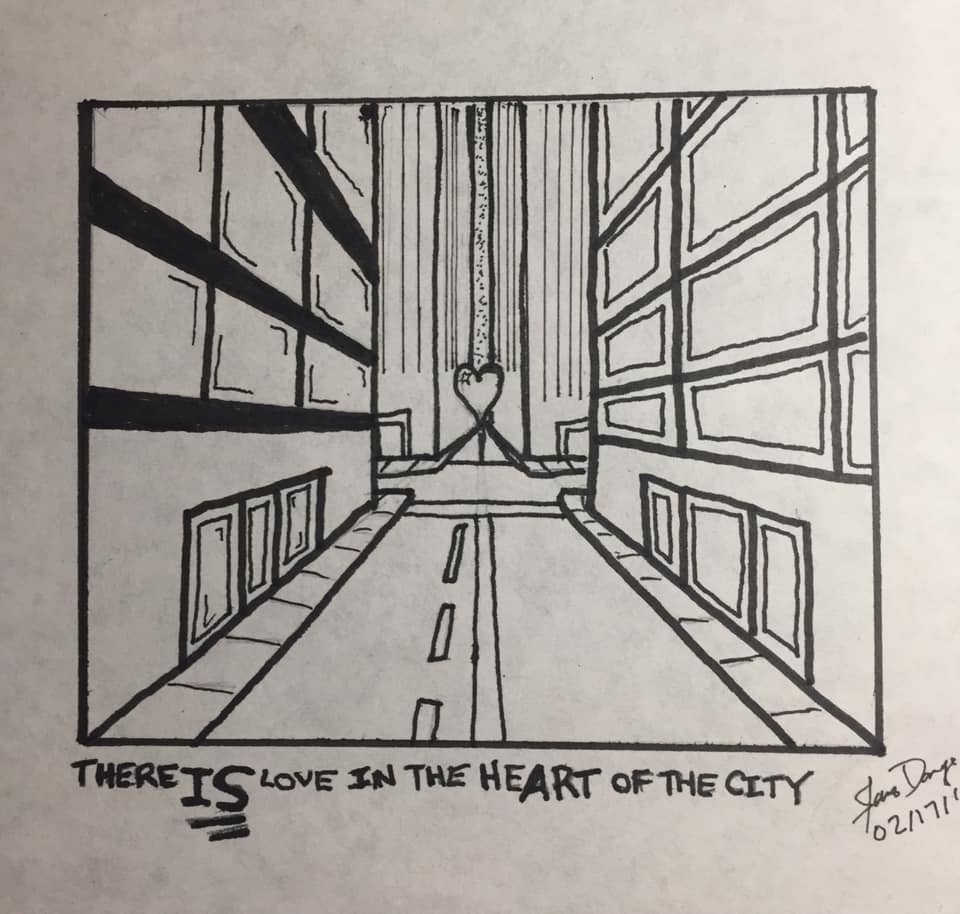
How did you get started as an artist? What has your path looked like so far?
The first time I remember writing lyrics I was 7 years old, and it wasn’t the first set I had written. They were godawful, but I kind of just never stopped. All through school and university, even when I wasn’t in a band or producing music, I was writing lyrics. In notebooks, on computers, in my head…any time I was bored or had to sit through something, I’d start jotting down lyrics instead of doodling. My mom was a classical guitarist in her younger life, and hearing her play at a young age (even though she had long retired) was what drew me to music. In high school and university I played guitar in various bands to varied success rates, but hip hop was what I really fell in love with.
It was my life as a cannabis enthusiast (and then professional) that introduced me to hip hop. It’s been 12 or 13 years, and I’m even more in love than I was back then. The experience has been tumultuous to say the least, but hard work and perseverance has lead me to a place where I’ve finally found my voice, and I’m ready for my message to be heard.
Do you incorporate any elements of body positivity or fat acceptance into your work?
Not directly, no. I try to lead through example by being unapologetically myself in a very visible and public way. I fight through my own insecurities in an effort to show the world that large bodied people can be as creative and entertaining as anyone else.
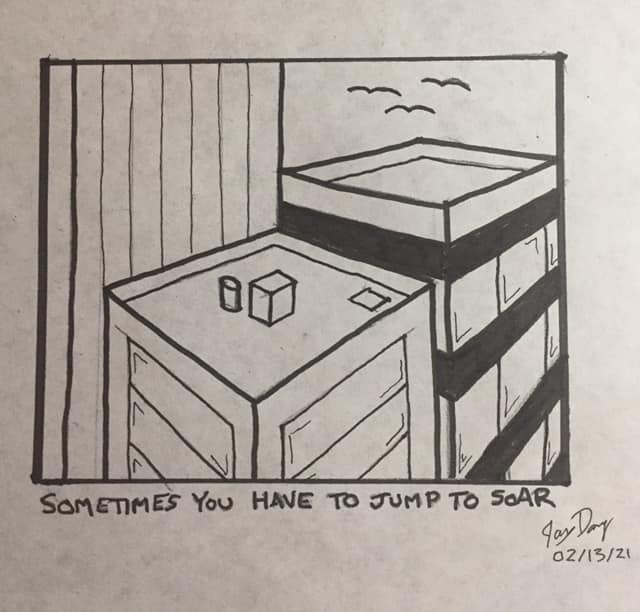
What has your experience been like as a large-bodied or plus-size artist? What have been the high points and low points?
I’ve been met with a general sense of acceptance. There’s always the lingering feeling in the back of my mind that ‘I’d be further along if I didn’t look how I look’, but those feelings are often reassured by the positive feedback I receive from fans and friends who appreciate my music. There have been some negative comments, which I guess would be a low point, but overall I feel like I’ve been able to connect with an accepting community within my disciplines.
Have you felt like your opportunities have been limited or affected by your body size? Have any opportunities opened up for you because of your body size?
In hip hop, being memorable and unique can be a strong point. I’ve experienced this. In a line up of 10-15 rappers at a showcase all dressed similarly, drastic physical contrasts (like being the biggest person performing) can be helpful for distinguishing me from the crowd of performers.
Sometimes, if a promoter or show-runner isn’t familiar with my music, they can have a hard time believing that I’m a rapper due to my appearance. This is always discouraging, but often changes once said promoter or show-runner hears my work.
How did you discover body acceptance or body positivity personally? What kind of difference has it made for you?
I discovered body acceptance and positivity largely through social media and my local social communities. Musically, my first encounter with body positivity was Lizzo. Seeing other artists of size be embraced by the general public has given me the confidence to carry on with my career, and has helped reassure me that I’m correct in my conviction that quality art and talent prevails.
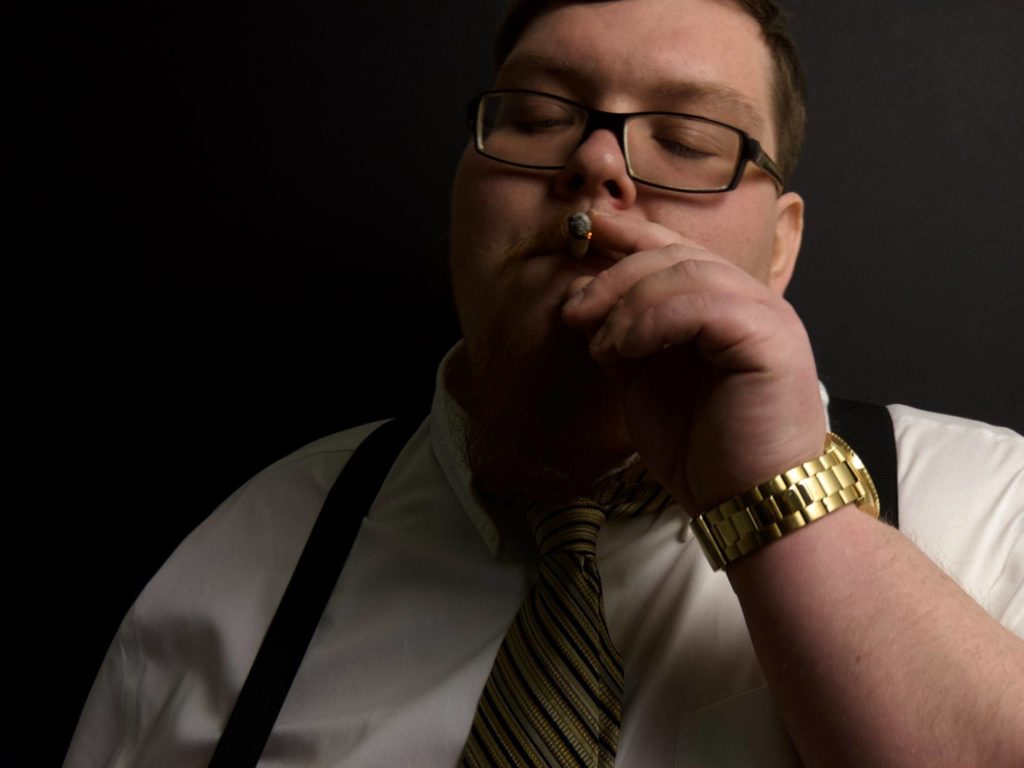
What advice do you have for other people who are learning to love and accept their bodies?
The golden rule is to treat others as you would have them treat you. I think the platinum rules is speak to yourself how you’d speak to others. Be gentle with yourself. Be kind to yourself. Choose to focus on the positive, and try to add more and more positive things you like about yourself as you go. If you can’t think of a physical thing that day, think of a non-physical thing. Get in the habit of thinking good things about yourself.
What advice do you have for other artists, especially ones who do work similar to yours, who’d like to incorporate body acceptance into their work?
This fall my label Bhomb Records will be releasing my first project entitled The Book of Flow/Chapter 1: Jazz Cabbage. This 10 song album is being released accompanied by a 24 minute cinematic visualizer starring me that will serve as an album-long music video. Both will be available on Spotify and Youtube!
If you want to hear some wild memories of my colorful past along with some quasi-philosophical ramblings of a millennial approaching mid-life crisis, you can check out my blog “Leave it to the Prose” (edited by Maggie Jerstad) launching January 2024.
Is there anything else you’d like for people to know?
Out of all the drugs I’ve ever tried, none of them hit like happiness.
Find Jay at https://www.youtube.com/@bhombrecords.
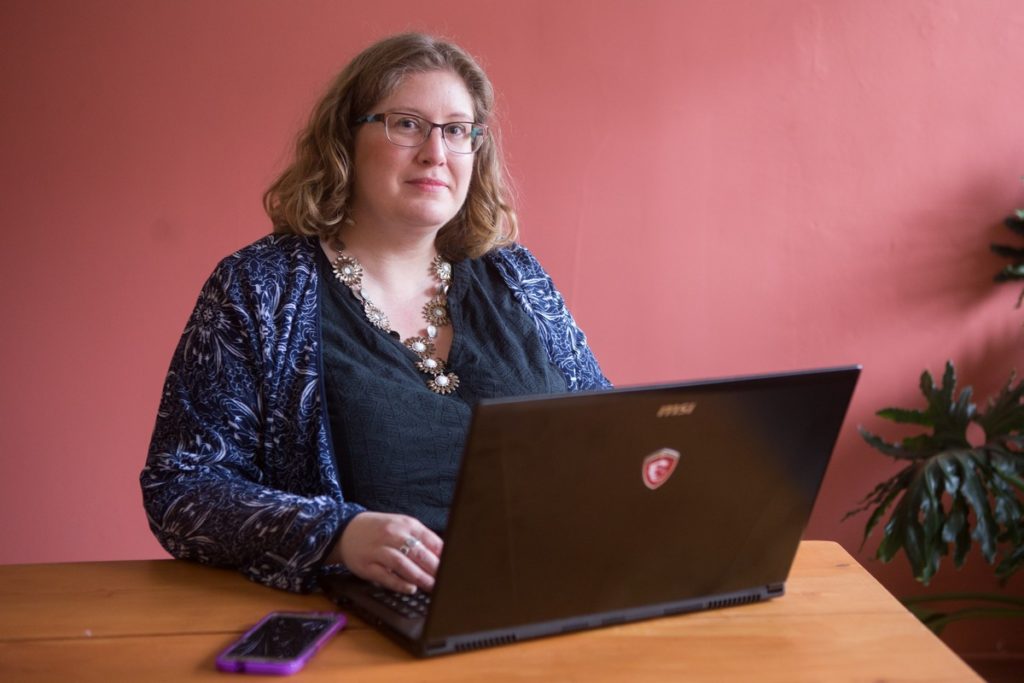
Let’s dig deep.
Every Monday, I send out my Body Liberation Guide, a thoughtful email jam-packed with resources for changing the way you see your own body and the bodies you see around you. And it’s free. Let’s change the world together.
Fat professional nerd, office goth, aspiring tax professional, and all around trans weirdo.

